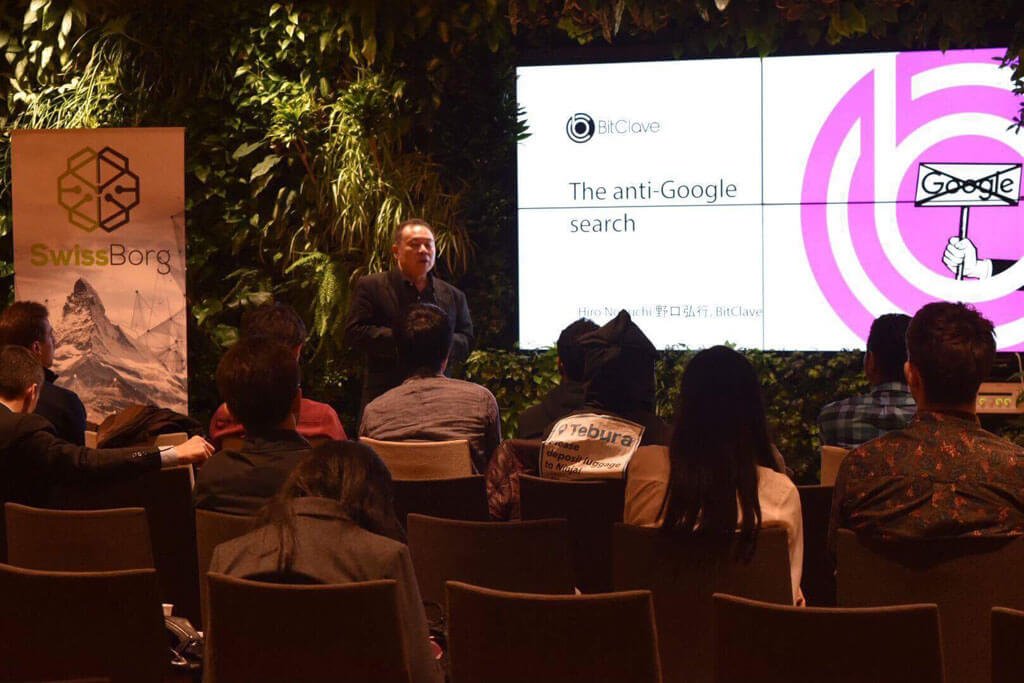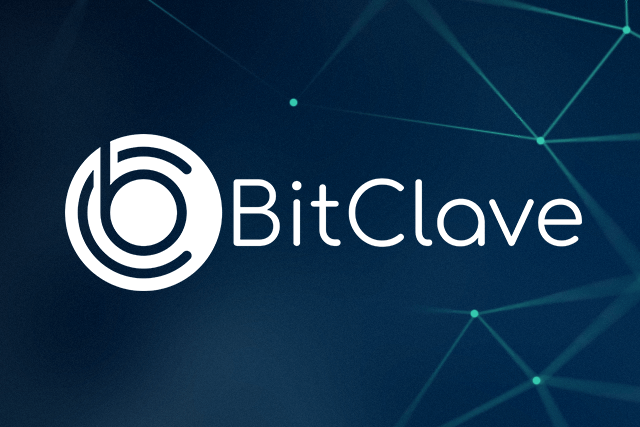Web search providers started as an invaluable tool for navigating the internet. Emergence of Google was a kind of prelude for a one-sided, but yet fierce competition, which built an empire of free user services.
More notable developments since then include software such as 3D geographic and street level maps, email, and a web browser. The Android platform is Google’s all-in-one operating system – interoperable across desktop, laptop and tablet computers, as well as mobile phones. In theory, one user can use Google products for almost all of his digital data service needs.
The depth and breadth of information gathered, controlled, and distributed by this corporation (as well as others, like Facebook) make it a formidable leader in the data market.
More importantly, Google possesses a monopoly over the monetization and control of private and public data. It brings up a set of very reasonable questions, which have long gone unanswered.
- Why is this data so valuable to them; but (apparently) not to you?
- How can the current system be changed to recompense the users for their data?
- Is this somehow affecting the industry?
The Hidden Value Systems of Personal Data
“You no longer own your own data” – this is the answer to the first question, which summarizes what is wrong with centralization, or a transfer of ownership to a central dominant authority.
Advertising is the primary means by which these types of companies earn their revenue – they sell advertising space, with arbitrary values set on scales such as “pay per click”. The value proposition to these advertisers is the access to target segmentation and analytics tools, based on the company’s gargantuan volume of metadata interpreted by predictive algorithms.
Unfortunately, the accuracy of these advertising methods has been widely disputed, even at an academic level, and have proven to be detrimental to advertisers paying for clicks that ultimately doesn’t lead to conversions (sales).
On the user side, adverts are arguably an undesirable result of the monopolization of data, which we see in today’s centralized search engines. Their inpopularity is exemplified by the existence of purpose built software and browser extensions for removing their unwanted presence; which in itself has affected progress in the market.
Most importantly, however, it doesn’t answer the question, which you have all come here to find answered: how do I get paid for sharing my personal data on an opt-in basis, without fully sacrificing my privacy to unknown entities?
Bitclave: Rewarding Search
Many have tried to usurp the search engine throne over time, and many of those failed still exist in some form today (Jeeves, Yahoo). Some have attempted to maintain active competition with the current king, such as Bing (formerly MSN search).
Others, however, have taken a different approach. Instead of making money out of advertisers based on a potential number of clicks or audience reach Bitclave and their ‘Active Search Ecosystem’ offers a highly twist on the concept of the search engine and its related data economies.
This is accomplished through an objective search engine where advertisers are encouraged to establish direct links with their potential customers (search engine users). By presenting offers of direct compensation in return for access to otherwise private, personal data, Bitclave creates an ecosystem, where the ownership and value of data is restored to its owners rather than shady or non-transparent corporations.
According to the project’s whitepaper, authentication and storage of data is anonymised through use of a decentralized blockchain, with payment and agreements between users and advertisers being administered by smart contract.
Meanwhile, Bitclave’s native token – CAT – boasts $23.5M volume, being traded at $0,046 at press time, according to the CoinMarketCap.
Disclaimer: Coinspeaker is committed to providing unbiased and transparent reporting. This article aims to deliver accurate and timely information but should not be taken as financial or investment advice. Since market conditions can change rapidly, we encourage you to verify information on your own and consult with a professional before making any decisions based on this content.

Please check out latest news, expert comments and industry insights from Coinspeaker's contributors.



